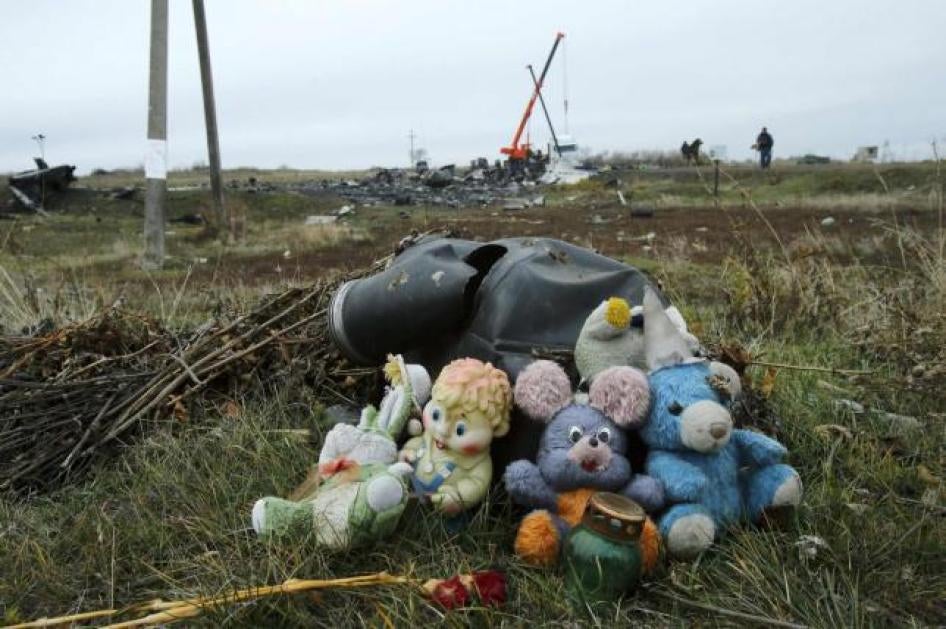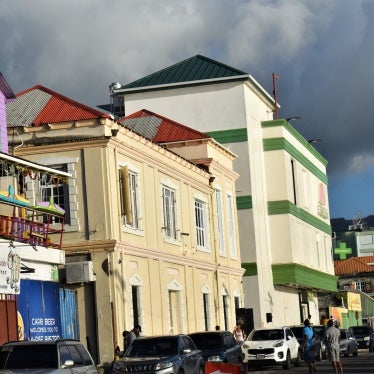The Dutch Safety Board just released a much anticipated report on the crash of the Malaysia Airlines flight MH17, shot down over the rebel-controlled Donetsk region of eastern Ukraine in July 2014, killing all 298 people on board. As expected, the report is technical in nature. While it claims that the plane was shot down using a surface-to-air Buk missile launcher, it does not assign responsibility for shooting the plane down.
Ukraine and Russia, which has been backing rebel forces, whom many have accused of firing the missile, have blamed each other for the tragedy. The crash took place during one of the peak periods of fighting in the armed conflict in eastern Ukraine, which to date has killed close to 7,000 people.
Today’s report is the result of a technical investigation by Dutch authorities into the cause of the crash. There is also a second investigation, a criminal inquiry being conducted by an international Joint Investigation Team, coordinated by The Netherlands and also including authorities from Australia, Belgium, Malaysia, and Ukraine.
The criminal inquiry, with a next update expected no earlier than the beginning of 2016, is seeking to provide the answer to the question of who is behind shooting the plane down and provide evidence that can be used in court to hold those responsible to account.
Everyone, with the exception of perpetrators, wants to see those responsible for this horrific crime be held accountable. It is likely that there is still a long way to go before the criminal investigation is completed, but once it is, an important question will be where to hold trials.
The investigation is being conducted in such a manner that it will meet standards required for investigation in each country participating in the Joint Investigation Team, so that evidence collected could be admissible in court. This means a national trial could be possible.
Some have urged that an international tribunal investigate and try the case instead, arguing that whoever is responsible for the crash would be unlikely to cooperate with a Dutch court. A resolution before the UN Security Council which would have established a UN-appointed tribunal for the case was vetoed by Russia in July 2015. After playing politics with justice for some time, in September, Ukraine accepted the jurisdiction of the International Criminal Court for crimes committed in the country since February 2014.
This paves the way for the ICC prosecutor to consider whether the court should investigate potential crimes committed during the armed conflict, and to determine if the downing of MH17 falls within her jurisdiction. Even if it did, and even if the ICC were to take the case, as other cases before the ICC have shown, cooperation with national authorities with that court is no sure bet either.
As long as there are legitimate national proceedings ongoing, however, the ICC, as a court of last resort, would be unable to step in.
One way or another, a common goal of the international community should be to ensure that there will be justice for the 298 people who so senselessly lost their lives that day.









